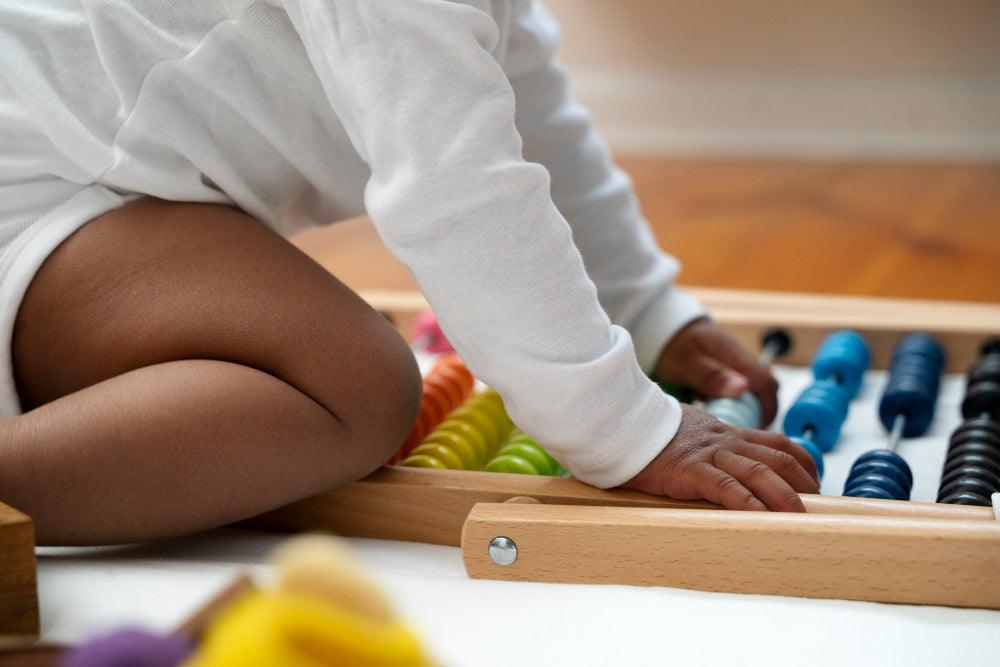In the fascinating journey of childhood, toys play an indispensable role in shaping a child's growth, learning, and development.
Beyond being a source of entertainment, toys are powerful tools that stimulate various aspects of a child's physical, cognitive, and emotional development. In this comprehensive guide, we delve into the profound significance of toys in child development, emphasizing their role in fostering creativity, enhancing motor skills, promoting social interaction, and laying the foundation for lifelong learning.
Fostering Creativity and Imagination
Toys are the canvases upon which a child's creativity and imagination take flight. Whether it's building intricate structures with building blocks, creating fantastical worlds with action figures, or envisioning unique scenarios with dolls, toys encourage children to explore and express their inner creativity. Through imaginative play, children develop problem-solving skills, critical thinking abilities, and the capacity to think outside the box.
Enhancing Motor Skills
The tactile nature of toys offers a perfect platform for refining motor skills in young children. From grasping and manipulating small objects to fine-tuning hand-eye coordination, the act of playing with toys provides essential physical challenges. Puzzles, building sets, and even simple wooden toys help children develop both fine and gross motor skills, setting the stage for future dexterity and physical prowess.
Promoting Social Interaction
Toys are not just inanimate objects; they are powerful catalysts for social interaction and cooperation. When children engage in collaborative play with peers or family members, they learn valuable social skills such as sharing, communication, negotiation, and empathy. Board games, team sports equipment, and playsets encourage children to work together, fostering bonds and enhancing their ability to thrive in social settings.
Cultivating Cognitive Skills
The world of toys is a treasure trove of cognitive stimulation. Educational toys like puzzles, shape sorters, and science kits enhance a child's problem-solving abilities and spatial awareness. Additionally, toys that involve counting, alphabet recognition, and memory games provide a subtle introduction to foundational math and literacy skills. These early cognitive challenges set the stage for academic success in the years to come.
Stimulating Language Development
Toys can be valuable tools for expanding a child's vocabulary and language skills. Whether it's through storytelling with action figures, engaging in make-believe scenarios with dolls, or exploring books with colorful illustrations, toys promote language acquisition and communication. Encouraging children to describe their play experiences and articulate their thoughts helps strengthen their verbal abilities.
Nurturing Emotional Intelligence
Toys also play a vital role in nurturing emotional intelligence in children. Soft plush toys, for example, provide comfort and security, helping children manage their emotions and develop self-soothing techniques. Moreover, imaginative play with toys allows children to explore various emotions, understand different perspectives, and build emotional resilience.
Laying the Foundation for Lifelong Learning
The cognitive, emotional, and social skills cultivated through toy-based play serve as the building blocks for lifelong learning. A child's natural curiosity and enthusiasm for exploration are amplified through toys, creating a positive attitude towards learning. This attitude extends beyond childhood, shaping individuals who are eager to embrace new challenges, acquire knowledge, and adapt to an ever-changing world.
Selecting the Right Toys
While toys offer an array of developmental benefits, it's essential to choose toys that align with a child's age, interests, and developmental stage. Thoughtful selection ensures that the toys will be engaging and appropriately challenging. Additionally, opting for toys that encourage open-ended play, creativity, and exploration can maximize their developmental impact.
Toys are not mere playthings; they are instrumental in nurturing a child's growth and development on multiple fronts. From fostering creativity and enhancing motor skills to promoting social interaction and stimulating cognitive abilities, toys are powerful educational tools that leave an indelible mark on a child's journey.
As caregivers, parents, and educators, our role is to recognize the value of toys in child development and provide children with the resources and opportunities to explore, discover, and flourish through play.










